Class of ‘09
The first two installment of FX’sClass of ' 09are presently available to stream on Hulu , with Modern installment releasing every Wednesday . The limited series follows a class of 2009 Quantico alumna and takes spot over the course of several decades , alternating between three main sentence period . As the utilization ofartificial intelligencechanges throughout the eld , the FBI agents are face with moral dilemmas in the criminal Department of Justice scheme and pull to acknowledge the impact of human decisions .
The show was create by Tom Rob Smith , with Joe Robert Cole and Jessica Levin serving as executive producers . In increase to writing the screenplay forBlack Panther , Cole worked onAmerican Crime Storyalongside theClass of ' 09creator . Meanwhile , Levin has produced serial such asHis Dark Materials , Divorce , andGodless . The primary cast include Brian Tyree Henry , Kate Mara , Sepideh Moafi , Brian J. Smith , Jon Jon Briones , Brooke Smith , Jake McDorman , and Rosalind Eleazar .
The creatives spoke exclusively withScreen Rantabout howClass of ' 09originated from an FBI podcast and why they wanted the show to take issue from the typical case - of - the - calendar week data format .
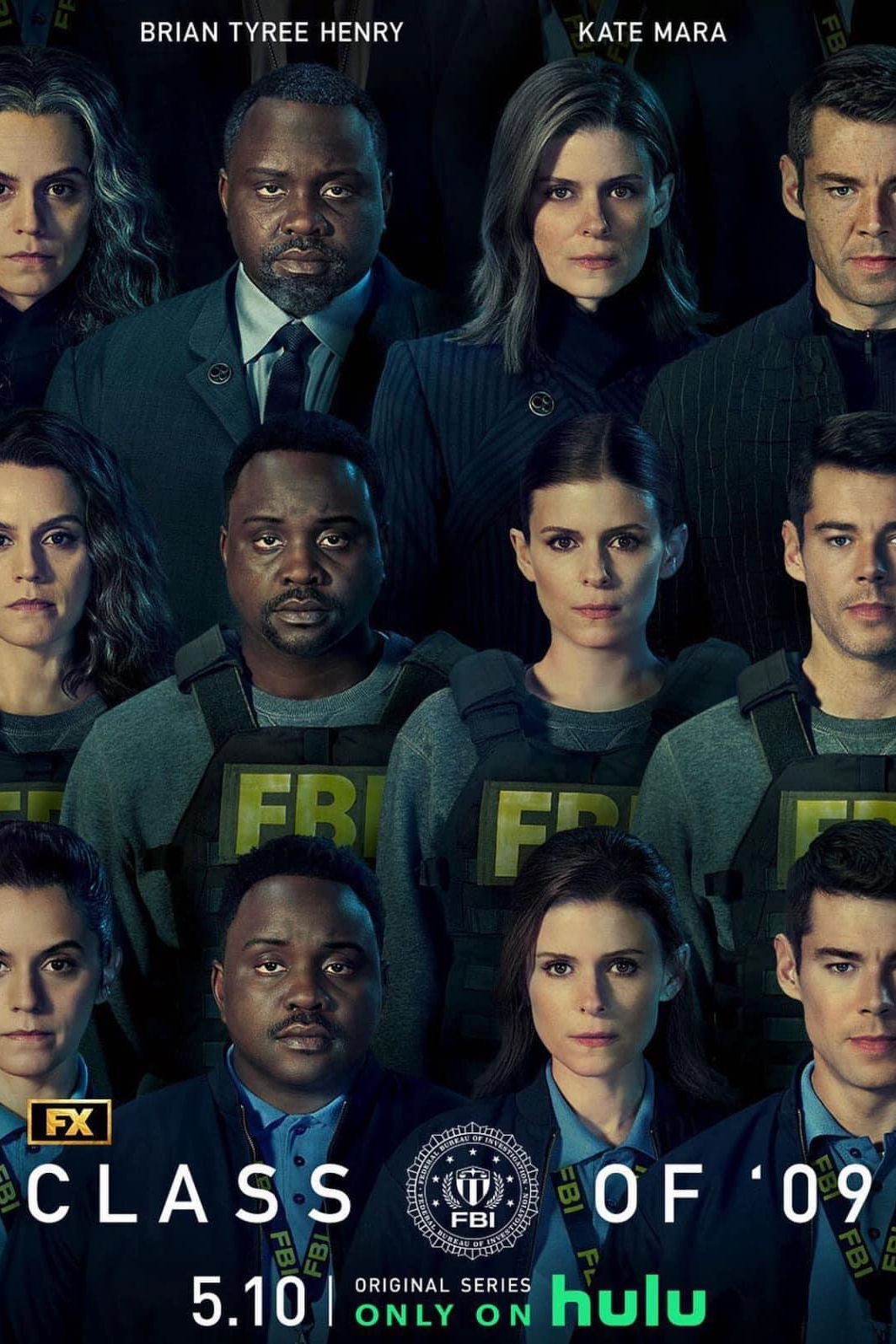
Tom Rob Smith, Jessica Levin & Joe Robert Cole Talk Class Of ‘09
Screen Rant : Tom , as the creator , could you deal a small bit about how this story originated ?
Tom Rob Smith : At the beginning , there were two things that come together . One was a really amazing podcast by a kip down FBI agent holler Jerri Williams , who is a advisor on the show . She had a long and prestigious career , and she started this FBI podcast where she ’s interviewing turn in agents . They ’re like an hour and a one-half . I think I was root around interesting crimes — that was my grounds for stumbling across it . And then very quickly , within ten sequence , I suddenly realized that these federal agent were really interesting , complicated figure . I loved the way that each of them had a different storytelling voice .
Some were very dramatic , some were matter - of - fact , some were quite excited , and I was like , " Oh , they ’re really varied . " And I was peculiar how agents sometimes , on television , can be flattened out a bit . They can seem almost like they ’re just function a story , rather than being interesting in their own rightfield . And I wonder whether that was a problem of the human body , where if you ’re always chasing a criminal , if there are limitations on what you could do with character . So I was like , " How can you add up up with a unlike storytelling form that would put all the accent on these federal agent and how interesting and complicated they were ? "
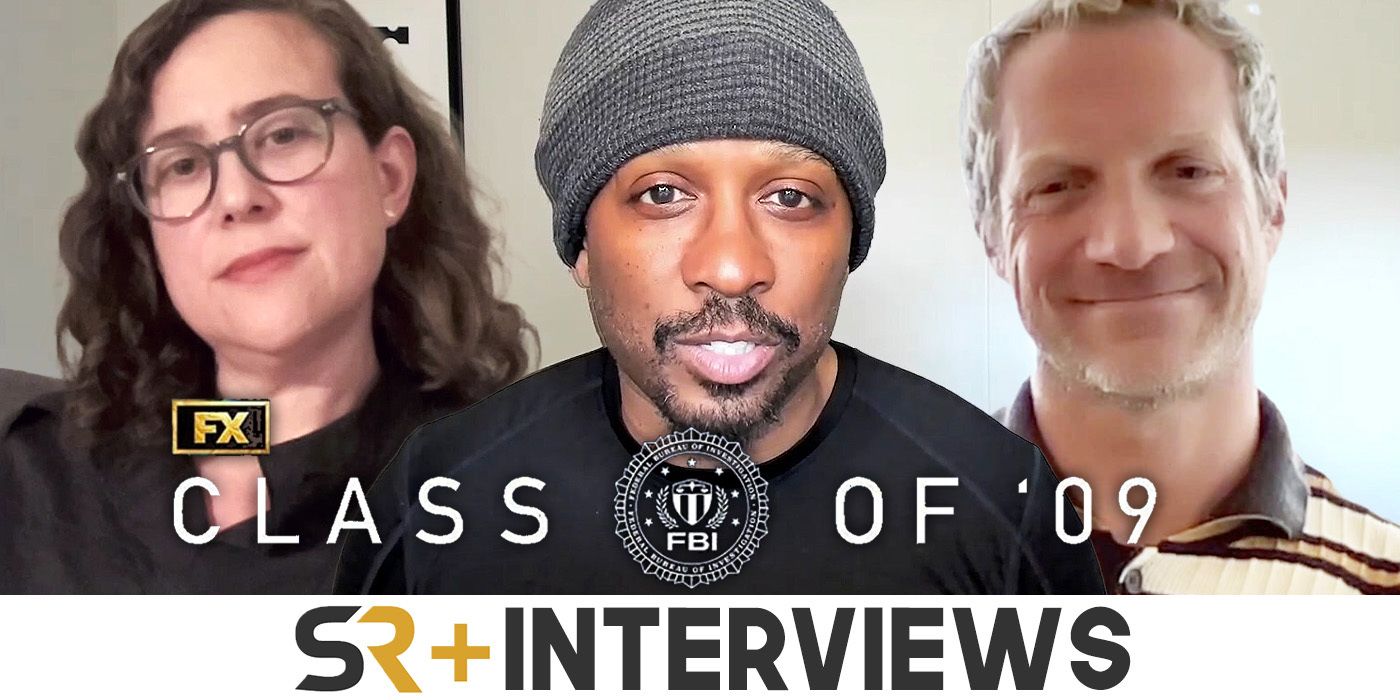
And so that impulse was really splice with a love of a class exposure and thought of characters over time . When you ’re standing in that class exposure , you ’re opine your future , what you ’re going to be , and who your friends are run to be . In this , you have the Quantico course photo , and you ’re trying to imagine where they will end up . So those two things got hook up with together and that was how the piece started .
You ’ve process onAmerican Crime Story , butClass of ’ 09feels very unique from your other projects . Was there anything about this that made you feel out of your constituent or were you able-bodied to really pull from your past experience in the genre ?
Tom Rob Smith : I lie with literary genre . I ’ve always loved literary genre . I think writing style is really interesting . I love the conventions of it as well , but using it in a slightly different way of life — trying to make it feel like you ’re talking to the other pieces that have existed , but your own thing . I think this is reliable with all committal to writing , but once you really love an idea , it kind of acquire out of that and what is particular about it . As I order , try on to take root it in a case report , rather than needfully the criminal , and how you make the criminal secondary .
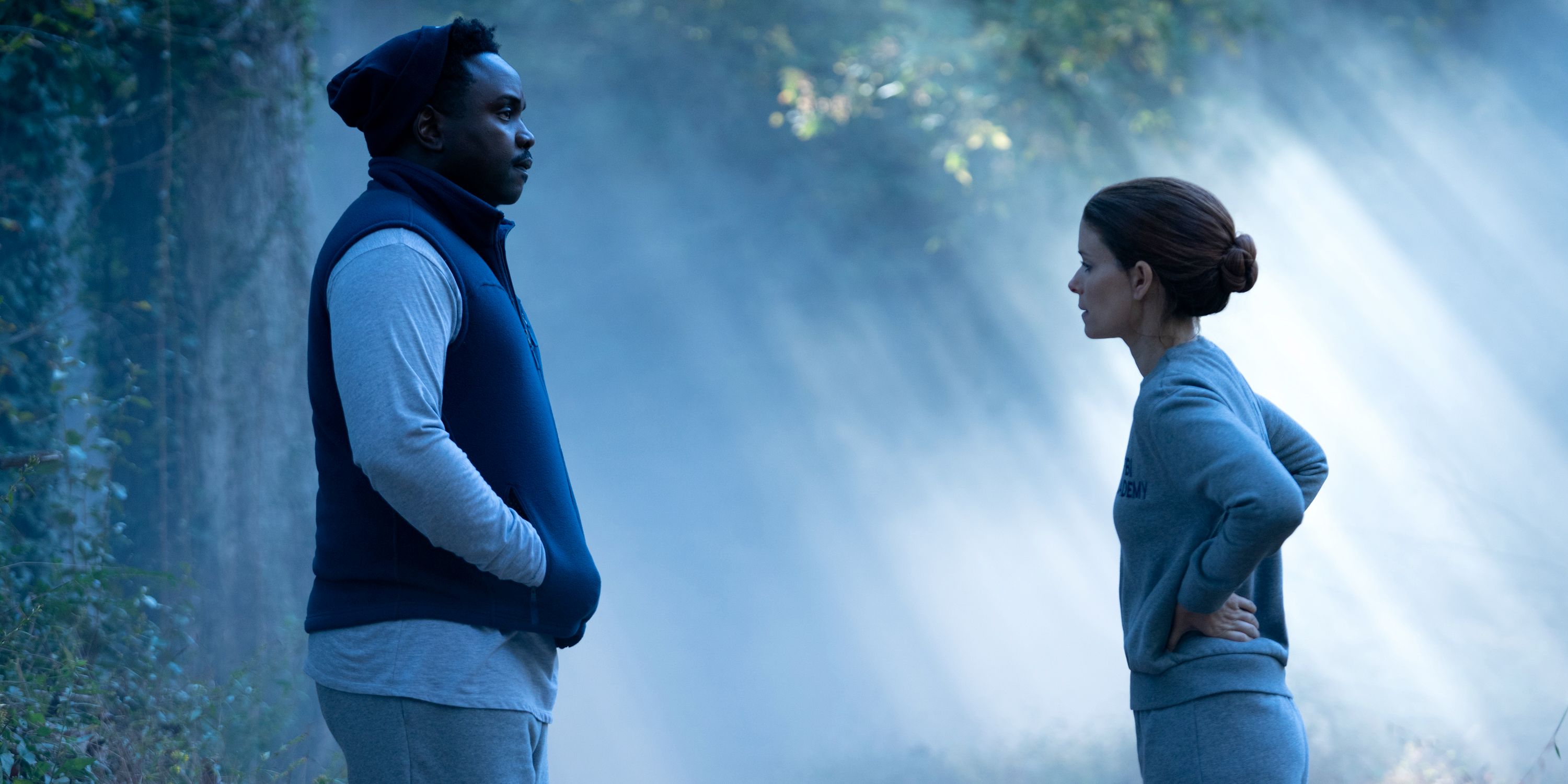
With this composition , the way time is structured , you ’re often jumping in at the end of cases rather than the whole instance because you ’re see the shock both on that federal agent ’s career , but also emotionally . So it just offered up lots of different opportunity for different kinds of storytelling . I did n’t set out with a desire to be different . I think it just comes out of trying to recount what is picky about that write up .
Joe , Black Pantheris one of your primary projects . Where doesClass of ’ 09fall for you in regard to the types of genres and stories that you ’re concerned in ?
Joe Robert Cole : I love thing that have keen characters within writing style . So a big pallet with smashing characters within . I think The People v. O. J. , Black Panther , and Class of ' 09 all fall into that bucket . One of the thing that draw me to this projection was the early script that I read , and how Tom wove grapheme and traversed [ the ] musical genre through fiber and enjoin this story in a very unique way . That was what initially draw me to the textile and prevent me excited as I worked on it .
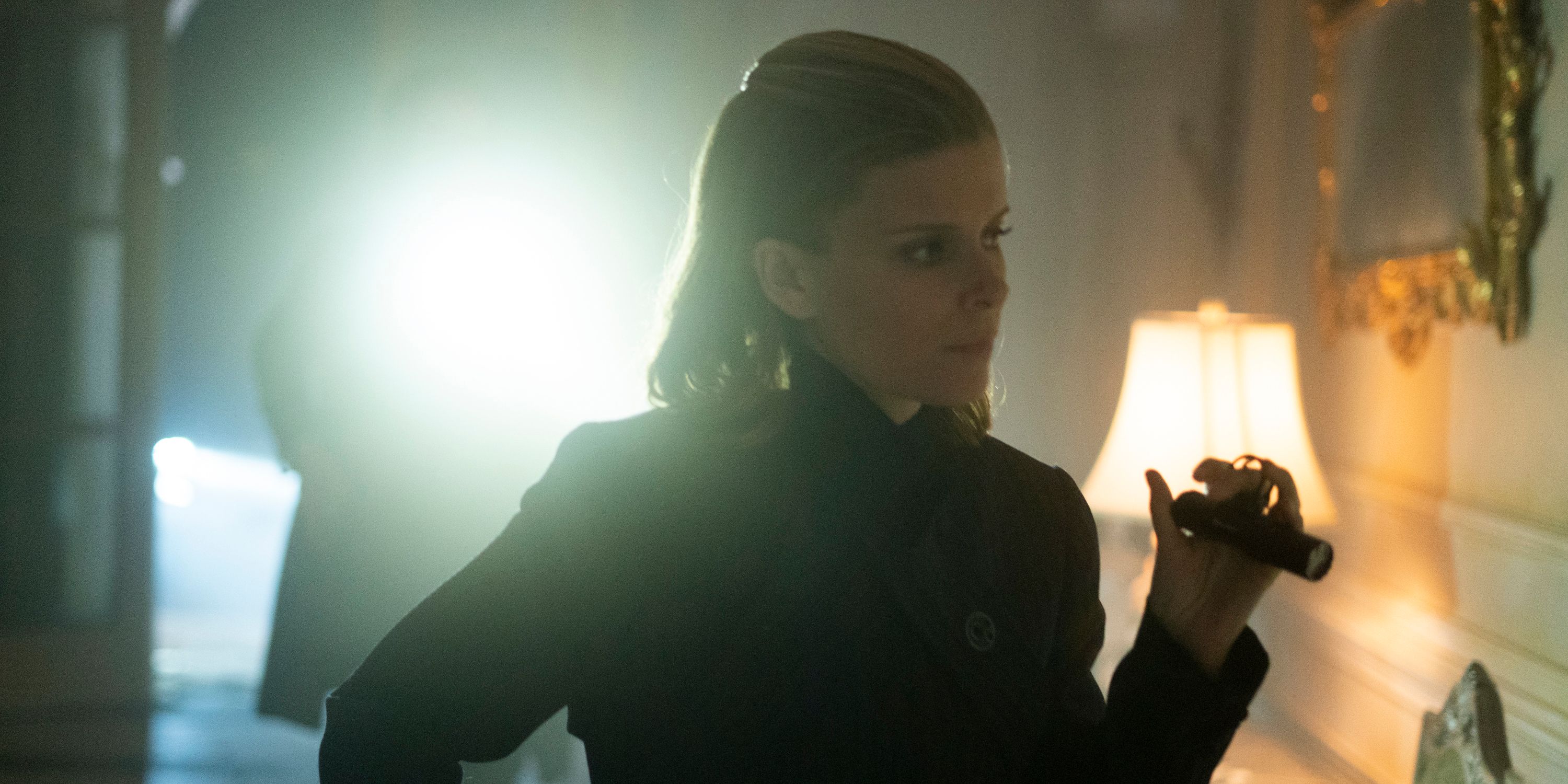
Jessica , you ’ve done a identification number of productions in different genres . What is it that really draws you to a project ? What do you feel is unique aboutClass of ’ 09 ?
Jessica Levin : repeat a lot of what both Tom and Joe have state there , I think the style that we play with genre , particularly , but do it in a very different path , dare I say , subverting the musical style at moments . I think using the format of a limited series is such an optimum way to do that , because we have a certain size sail in which to stretch those three timelines , but one that is still finite . We know it ’s not a adjective . It ’s not about , as Tom said , the cases that we ’re solving hebdomad to week . So it gives it a certain shape , but with a lot of room for flow over the course of instruction of those eight episodes , where you’re able to really wander those three timelines together .
So for me , having done very , very unlike limited serial , what I loved about this one was that it felt like nothing I ’d ever been involved with before . It does involve constabulary enforcement , but not in the conventional genre way . It does affect scientific discipline fabrication and technology , but not with the usual tropes that we know from motion-picture show about AI . So I experience like it toy with a lot of familiarity , but also tweaking those things that you think you know . And the human relationship between the characters , too , felt very unexpected and surprising in those ways .
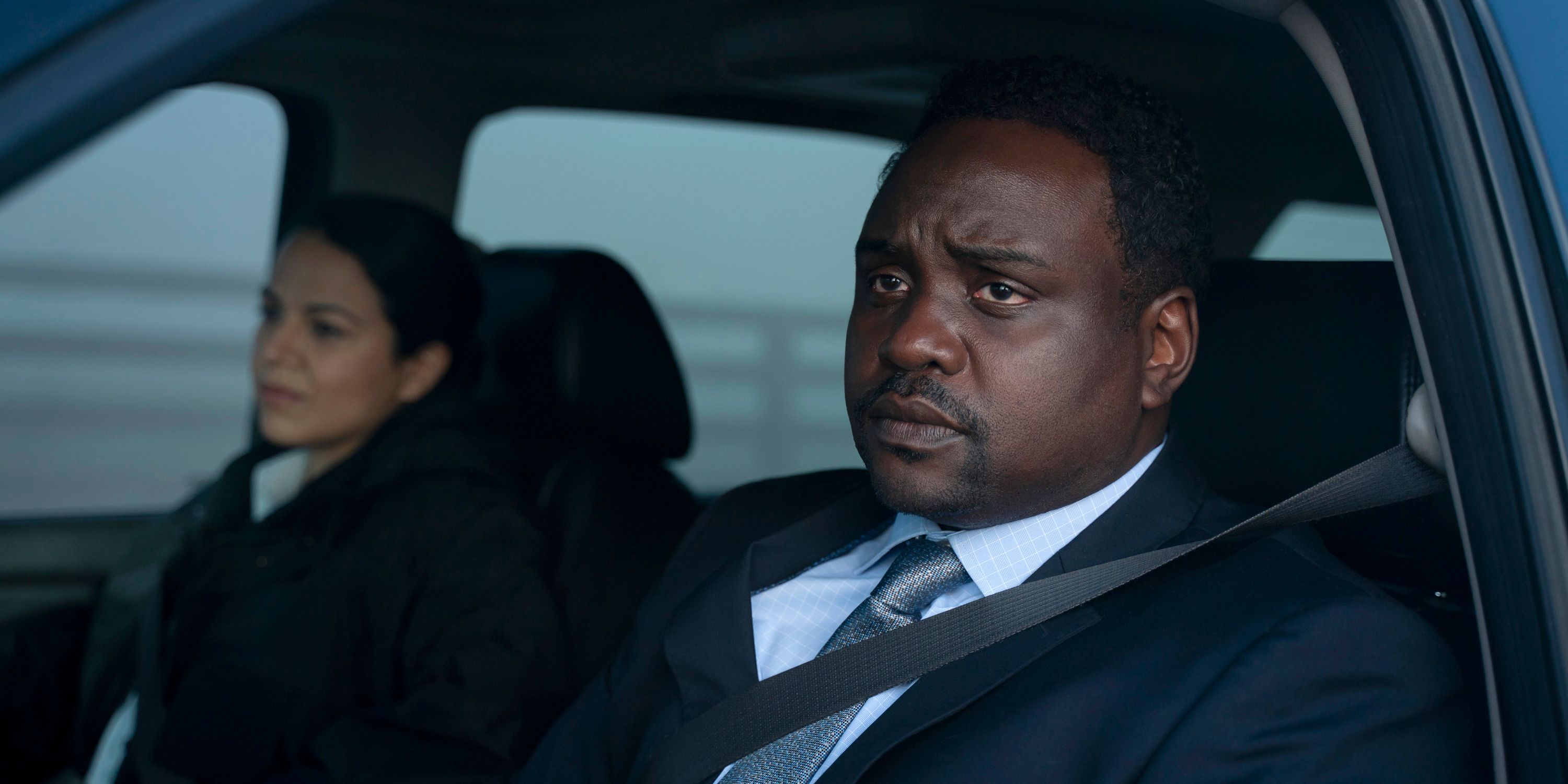
What made you adjudicate to alternate between the past , present , and succeeding rather than a linear structure ? Was that always the plan from the beginning ?
Tom Rob Smith : It was always the plan in the sense that , when you ’re looking at a class photo , you ’re both in that moment of discover who they are , but also they ’re thinking about the hoi polloi they want to be . And then you ’re kind of discover in the hereafter , this retrospective element . And as I mentioned , that podcast — these are agent that are draw back , so they ’re look back at why they join , which , again , are their dreams , and the thing that happened in their career . And then obviously , where they are right on now , and where the insane asylum has end up . They often have very complicated feelings across all the different timelines in that conversation . And one of the interesting thing , in reality , we were mentioning on genre , is the procedural form in television , which is often a font a hebdomad , really has nothing to do with the reality of an FBI agent . They can drop years on a case .
I ’m a book writer , and they mouth about their grammatical case like the book they ’re most majestic of . They ’ve invest three class on this causa , and it exploit , and they did some good , and they had other pillow slip that they pass three years on that was a fiasco . It did n’t sprain out the elbow room they want , they were frustrated . So I was like , that ’s very different from the elbow room we see television , where it ’s like , you begin , here ’s the beginning , and here ’s the end . Time was built into the story in these podcasts I was hear to , so sentence became a very important factor in the show . The three storylines enabled you to do and represent those cases in a very dissimilar fashion . It was kind of integral from the beginning .

What workplace did you do with the actors since they are , essentially , playing multiple variation of themselves over these episodes ?
Joe Robert Cole : One of the challenges was cut across emotionally and relationship - smart where character were because we were n’t shooting in order . That was one of the things that was in the tool case on - set , is really cause that agreement of where they were and where they ’re start , and ideas of how to take root them in the moment . That was a very collaborative process . [ The actor ] had tons of ideas of their own , and it was problematic at times , but it ’s great workplace and very exciting .
About Class of ‘09
Class of ’ 09 is a suspense thriller circumscribed series that follows a socio-economic class of FBI agent set in three discrete point in meter who make out with immense changes as the U.S. felonious justice system is alter by artificial word . sweep multiple decades and told across interweaving timeline , the serial examines the nature of justice , humanity and the choices we make that ultimately define our life and bequest .
control out our consultation withClass of ' 09stars , Kate Mara , Sepideh Moafi , & Brian J. Smith , as well .
The first two episodes ofClass of ' 09are now available to teem on Hulu , with subsequent episodes unloose weekly .